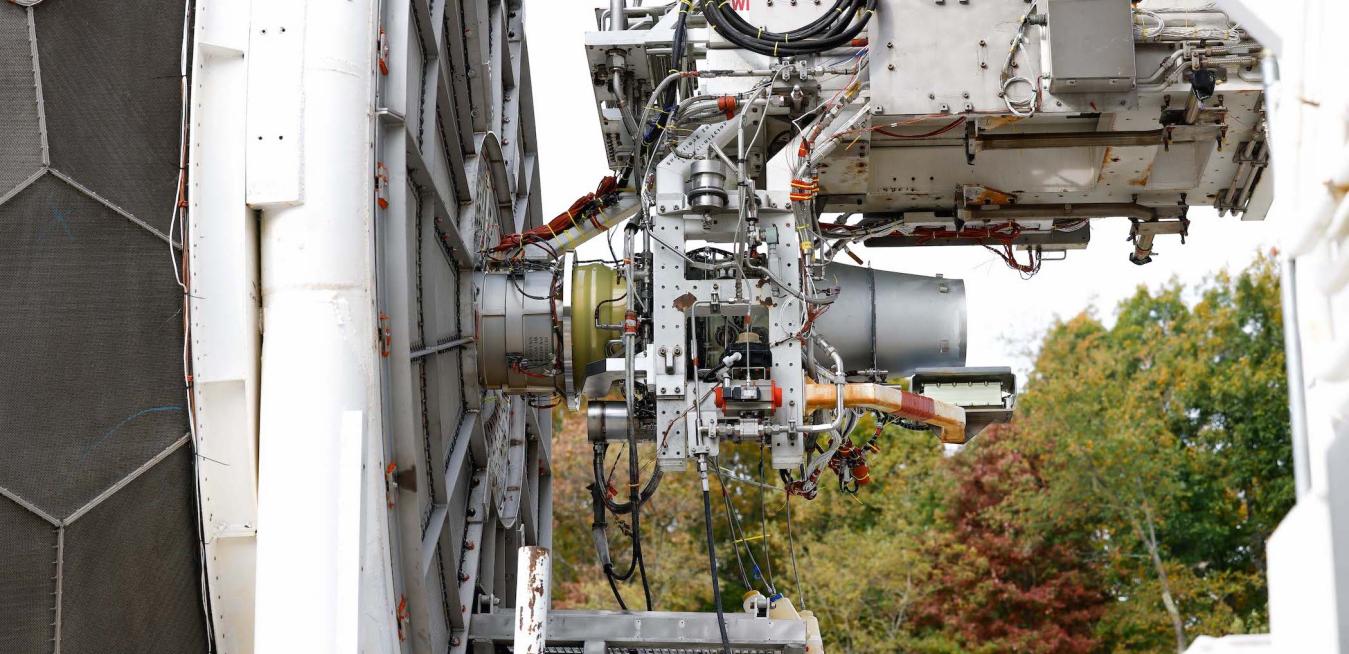- GE Aerospace Research’s Robotics Team Demonstrates “Sensiworm” for future On-Wing jet engine inspection and repair
- Untethered soft robotics, electronic skin-innervated platform resembles an inchworm that moves easily through the crevasses and curves of jet engine parts to detect part defects or corrosion, and can even measure the thickness of thermal barrier coatings
- Sensiworm robots could greatly expand the eyes, ears, and inspection capabilities of human service operators and enable more on-wing inspections with less maintenance burden
- First believed SiC MOSFETs that can operate at temperatures exceeding 800 degrees C.
- New temperature tolerance threshold believed to set a record for MOSFET based electronics
- Could enable robust, reliable electronics to support space exploration and to control and monitor hypersonic vehicles in extreme high temperature operating environments
NISKAYUNA, NY – Thursday, June 1, 2023 – A team of scientists from GE Research have set a new record, demonstrating SiC MOSFETs (Metal–Oxide–Semiconductor Field-Effec
For media inquiries, please contact:
Todd AlhartDirector, Innovation Communications
GE Aerospace
+1 518 338 5880
[email protected]
business unit
tags
In 2022, the number of air travelers worldwide rebounded by 47% over the previous year, and in 2023 the U.N. projects that it will return to pre-pandemic levels, if not higher. As the industry strives to reduce its carbon footprint, the U.S. government has stepped in to help accelerate the process by encouraging the continued development of one piece of the puzzle: sustainable aviation fuel (SAF).





